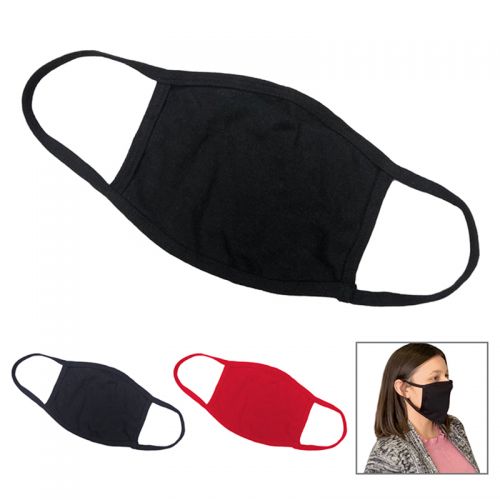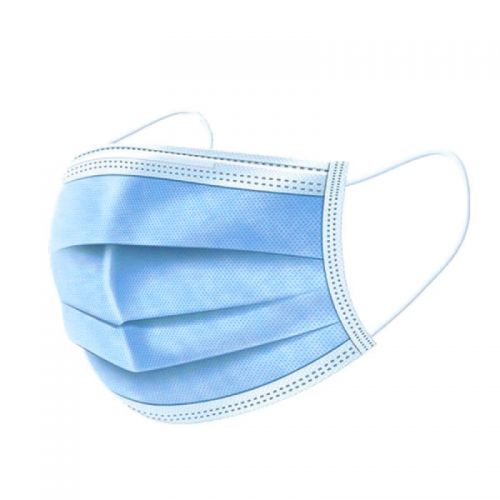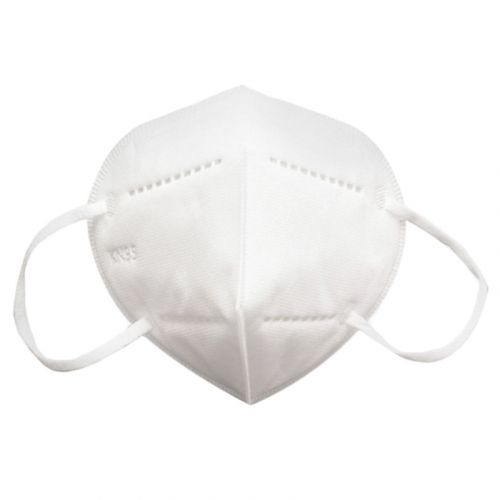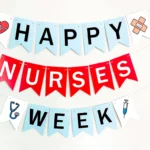A User Guide On Facemasks – When And Why To Wear Masks?
- Posted by ProImprint
- Posted on April 10, 2020
In the event of Coronavirus pandemic, we’re going to be seeing a lot more face masks soon. However, there are many doubts lingering in the minds of everyone on how facemasks protect them or who should ideally be using masks.
It is recommended to wear a mask if you are sick. Others can wear a mask as a protective mechanism though it is not still clear whether it will be fully effective in keeping away the virus carrying droplets.
In the case of Coronavirus the catch -22 situation is that people may not know whether they are sick as they could still be carrying germs even if they do not show any symptoms. This is what makes the ongoing debate on whether everyone should wear masks important!
We are still learning many things about Covid-19 and the medical experts do not still have the data to make any strong recommendations on the ideal usage of masks. Often people get conflicting advice and tips from various sources which are not scientifically well-established.
When should I wear a mask?
If you are sick you MUST wear a mask as it will hold germs while coughing and prevent the spread of germs. The coronavirus spreads through droplets from coughs; if you are sneezing into a surgical mask, it will act as a barrier and stop those droplets from reaching others or to a surface that another person might touch. This is what makes washing hands as important as wearing masks.
If I’m not sick, should I still wear a mask?
You can still wear a mask as there are a lot asymptomatic people, who do not show any symptoms but could be sick or carriers. It is possible that viral shedding happens when people are presymptomatic. So, it is safe for everyone to wear a mask, preferably while in public spaces.
Types of masks
There are different types of masks in the market- each with a specific function. From all the information currently available, it can be said that N95 masks are most effective, followed by surgical masks and then homemade masks.
Cloth masks
Reusable cloth masks might not prevent germs from entering but will still serve as a protection from droplets apart from smoke, pollen or dust. Homemade masks are less effective than surgical masks—but it still offers some barrier and is better than having nothing. Sick people by wearing a mask can reduce the spread of germs.
Surgical masks
Surgical masks will prevent droplets from getting into another person when a sick person coughs. Experiments in laboratory conditions show that though a well-fitted surgical mask can reduce the exposure to the germs tenfold though it didn’t eliminate to the extent that an N95 mask can.
This is why surgeons wear surgical masks. It works both ways; masks protect the patient from surgeon’s body fluids while also protecting the surgeons from getting exposed directly to the body fluids of the patient. Surgical masks thus help to block the exchange of fluids across persons.
N95 Masks
Frontline healthcare personnel like doctors and paramedical staff working in close interaction with Covid-19 patients need to wear medical grade, heavy-duty N95 masks. Strong enough to filter out particles, like viruses, rather than just blocking droplets, these masks may cut down the risks of exposure to germs considerably. KN95 Filtering Facepiece Respirator Masks made in compliance with the regulatory and safety standards around the world will make a great giveaways for medical professionals and volunteers
Experts are skeptical in recommending regular people to wear N95s because it has to be fitted properly to make it effective. Air sneaking around the side makes them far less effective. After use, these masks should be disposed off carefully to prevent contamination through the used mask. The filtering mechanism of N95 could make it difficult for people to breathe through. People with breathing problems or any other respiratory diseases could find it difficult to use.
Are there any side effects in wearing a mask?
Possibly yes. Experts fear that masks ensure a false sense of security, which in turn might make them less vigilant on personal hygiene enforcement measures like washing hands. The worst part is that people keep touching their faces to adjust the mask, which could cause more harm than good!
A dirty mask can be a source of contamination. Single use masks should be disposed off properly and you have to wash hands before you put on or take off a mask and follow proper mask etiquette and WHO guidelines on the same.
Should I be wearing a mask even at home?
If you are sick, you should wear a mask even when you sit at home or go through quarantine. It will protect people who live with you; by not going outside you prevent the spread of germs to others as well.
Humans are new to Novel Corona virus and we are still learning a lot about it and the best ways to manage it. Facemasks are undeniably one of the best tools in the arsenal against the battle with Covid – 19. Make a well informed decision after considering the situation and reach out to the health care professionals should you have any doubts regarding the ideal usage of face masks.
Related Posts:
Client Favorites
Shop by Products
Blog Categories
- Apparel
- Apparel Accessories
- Auto, Home & Tools
- Awareness events
- Back to School
- Bags
- Beach Balls
- Beanies and Toques
- Blankets
- Budget Gifts
- Business News
- Calendars
- Can Coolers
- Christmas Promotional Products
- coasters
- Cooling Towels
- Corporate gifts
- Covid-19
- Custom T Shirts
- Dentist Industry
- Drinkware
- Eco friendly
- Employee gifts
- Employee Spotlight
- Face Masks
- Fall Season Gifts
- Folding Chairs
- Food & Candy
- Free Set up products
- Free shipping items
- Frisbees
- General
- Golf Products
- Halloween gifts
- Hand fans
- Hand Sanitizers
- Hats and Caps
- Health & Wellness
- Holiday season
- Independence Day Gifts
- Industry Specific
- Infographics
- Keychains
- Lip Balm
- Luggage Tags
- New Product Launch
- New Year Promotional Products
- Office & Awards
- Openers
- Outdoor & Sports
- Pet Supplies
- Product Videos
- promotional gifts
- Reusable straws
- Spring Promotions
- Stress Balls
- Stress Relievers
- Summer products
- Sunglasses
- Sunscreen
- Tailgate party
- Technology
- Thanksgiving
- Top selling
- Toys & Novelties
- Trade Shows
- Umbrellas
- Under $1
- Valentine's Day
- Wedding
- Wine gifts
- Winter promotions
- Writing
- yoga accessories
Have a budget and no clue what to do?
Or you want some high end swag you don’t see on our site?
Talk to a specialist and let us help you look like a hero!















